This is the opinion of Minister of Health Dao Hong Lan at the discussion session of Group 8 (including the National Assembly Delegation of Bac Ninh and Ca Mau provinces) on the draft Law amending and supplementing a number of articles of the Law on Prices, this afternoon, November 3.

The Ministry of Health cannot set prices for other ministries and sectors.
At the Group discussion session on the draft Law amending and supplementing a number of articles of the Law on Prices, Minister of Health Dao Hong Lan emphasized: The price of medical services directly affects the work of medical examination and treatment as well as the rights of the people. The amendment of the law aims to ensure consistency and uniformity, creating convenience for medical facilities in the implementation process.

Giving specific comments on the draft Law, according to the head of the Ministry of Health, the draft Law amending and supplementing a number of articles of the Law on Prices has 2 services related to disease prevention work that the Ministry of Health shall set specific prices or delegate to units and agencies under the Ministry to set specific prices, applicable at units under the Ministry of Health.
According to the Minister, for this content, the Ministry of Health proposed that the Ministry will directly implement it for the units under the Ministry. The Ministry of Public Security and the Ministry of National Defense will implement it for the units under these two Ministries; the Provincial People's Committee will implement it for the remaining units of the locality as well as the units located in the area, except for the Ministry of Health, the Ministry of National Defense, and the Ministry of Public Security. The Ministry of Health cannot set prices for other ministries and branches, the Minister of Health stated.
Sharing more, Minister Dao Hong Lan said: Regarding the prices of medical examination and treatment services currently regulated in the Appendix of the Law on Prices, the Ministry of Health proposed to amend in the direction that the Ministry of Health presides over and coordinates with the Ministry of Finance to prescribe the pricing method for medical examination and treatment services. This will be consistent with Clause 4, Article 110 of the Law on Medical Examination and Treatment.
.jpg)
In addition, the Minister said that if following the draft law, the Provincial People's Committee would be stuck between the regulations on medical examination prices and hospital room prices. In the draft law, the regulations on hospital room prices will be assigned to the Provincial People's Committee to decide. Meanwhile, according to The Law on Medical Examination and Treatment, the determination of medical examination and treatment prices is being decided by the Provincial People's Council. "That means the local authority between the People's Committee and the People's Council is being "mismatched", Minister Dao Hong Lan commented.
Therefore, the Minister proposed that along with the draft Law on amending and supplementing a number of articles of the Law on Prices, it is also necessary to amend and supplement the Law on Medical Examination and Treatment to create consistency and synchronization in determining the price of hospital rooms and the price of medical examination and treatment, as well as to be consistent with the current decentralization and delegation of power of local authorities.
From another perspective, Minister Dao Hong Lan mentioned the content of economic and technical norms. Accordingly, in Clause 4, Article 21 of the draft Law amending and supplementing a number of articles of the Law on Prices, the Minister proposed to remove the regulation on promulgating "characteristics" of economic norms of goods and services, because up to now, only the promulgation of economic and technical norms (if any) has been regulated.
The Minister said: "Currently, we have added the word "characteristics", but there is no specific guidance on how to determine "economic-technical characteristics". This will cause difficulties in the implementation process. Therefore, the Minister proposed to amend the content in Clause 4, Article 21 of the Law on Prices".
Limit the situation of "different prices in different places"
Commenting on the draft Law amending and supplementing a number of articles of the Law on Prices, National Assembly Deputy Nguyen Nhu So (Bac Ninh) said that among the key contents, the price stabilization mechanism is the link that needs to be considered most fundamentally. Because this is a tool that directly affects macroeconomic stability, people's lives and the confidence of the business community.

According to the delegates, it is necessary to continue reviewing and perfecting the list of goods and services for price stabilization to help manage and control inflation, stabilize the macro-economy in the face of the impacts of the global economy as well as climate change. This list must be built on a scientific basis, accurately reflecting the essential nature, the level of risk of price fluctuations, as well as the ability and cost of State intervention. Price stabilization must be implemented to the right subjects, at the right time, and with the right tools to be effective.
Regarding price stabilization measures, according to delegate Nguyen Nhu So, Article 19 of the current law has provided quite complete and practical provisions. However, practice shows that the effectiveness of price stabilization does not only depend on management tools, but the core lies in the capacity to ensure the supply of goods. For goods with scarce supply (such as gasoline), no matter what stabilization measures are applied, the results will only be temporary and it is difficult to maintain long-term stability.

Therefore, price stabilization needs to be viewed in the overall macroeconomic development policy, linked to the strategy of ensuring supply security and improving domestic production capacity. The State must give top priority to fundamental support policies on tax, credit, land, energy and logistics infrastructure to encourage businesses to invest in expanding production, increasing storage capacity, proactively sourcing essential goods and reducing dependence on imports...
Regarding the organization implementing price stabilization, at Point b, Clause 2, Article 20 of the current law, the provincial People's Committee is authorized to consider, decide, and apply measures and time limits for price stabilization at the local level. However, according to the delegate, granting broad authority without corresponding control mechanisms will pose many risks in implementation...
"The drafting agency should study the establishment of a centralized monitoring mechanism of the Ministry of Finance, ensuring consistency in price management, harmonizing decentralization and power control, thereby limiting the situation of "each place has its own price" and strengthening confidence in the stability of the market nationwide," National Assembly Deputy Nguyen Nhu So proposed.
Source: https://daibieunhandan.vn/khac-phuc-do-venh-trong-quy-dinh-ve-dinh-gia-va-phan-cap-dinh-gia-10394221.html



![[Photo] Government holds a special meeting on 8 decrees related to the International Financial Center in Vietnam](https://vphoto.vietnam.vn/thumb/1200x675/vietnam/resource/IMAGE/2025/11/04/1762229370189_dsc-9764-jpg.webp)

![[Photo] Comrade Nguyen Duy Ngoc holds the position of Secretary of the Hanoi Party Committee](https://vphoto.vietnam.vn/thumb/1200x675/vietnam/resource/IMAGE/2025/11/04/1762234472658_a1-bnd-5518-8538-jpg.webp)
![[Photo] Ho Chi Minh City Youth Take Action for a Cleaner Environment](https://vphoto.vietnam.vn/thumb/1200x675/vietnam/resource/IMAGE/2025/11/04/1762233574890_550816358-1108586934787014-6430522970717297480-n-1-jpg.webp)
![[Photo] Ca Mau "struggling" to cope with the highest tide of the year, forecast to exceed alert level 3](https://vphoto.vietnam.vn/thumb/1200x675/vietnam/resource/IMAGE/2025/11/04/1762235371445_ndo_br_trieu-cuong-2-6486-jpg.webp)





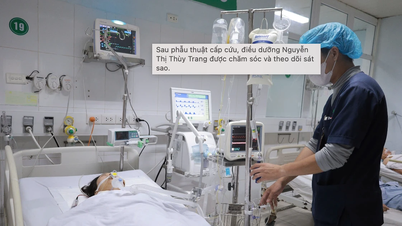





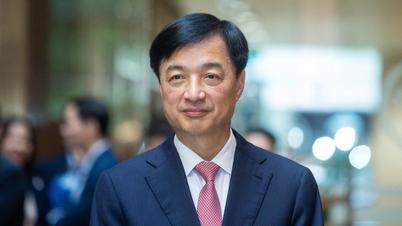
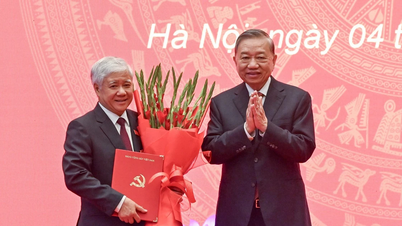

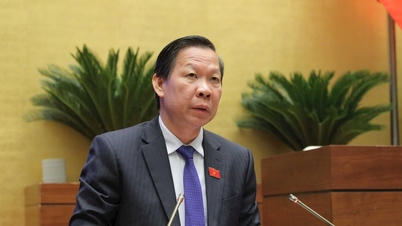

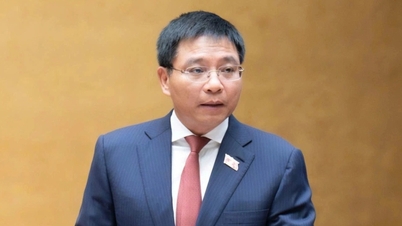





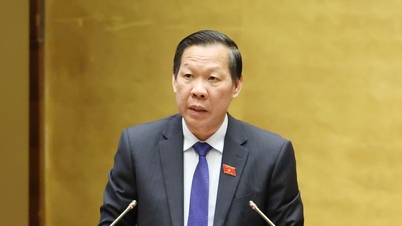
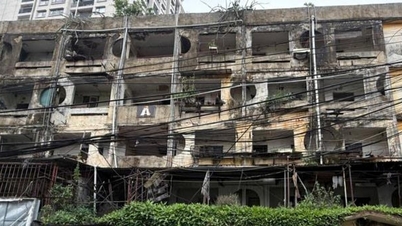
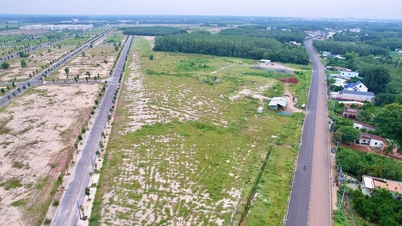
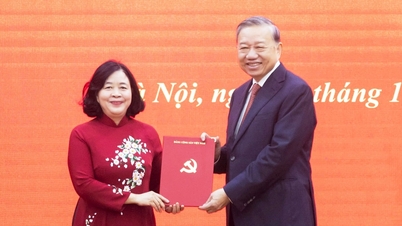
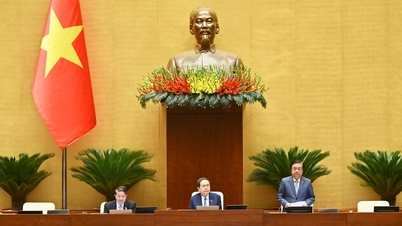


































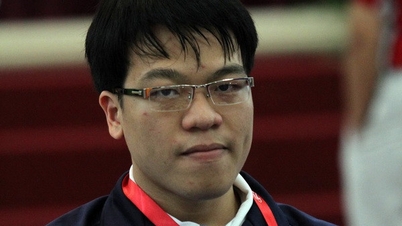




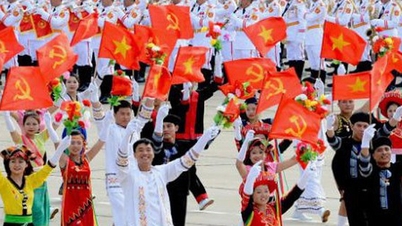

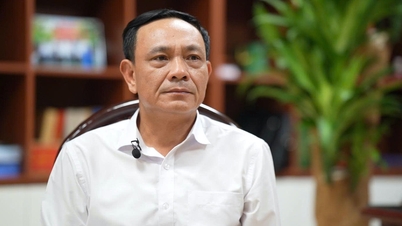



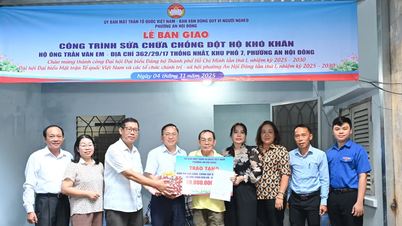






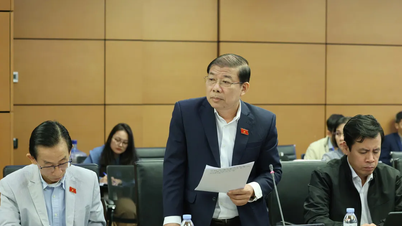
















Comment (0)